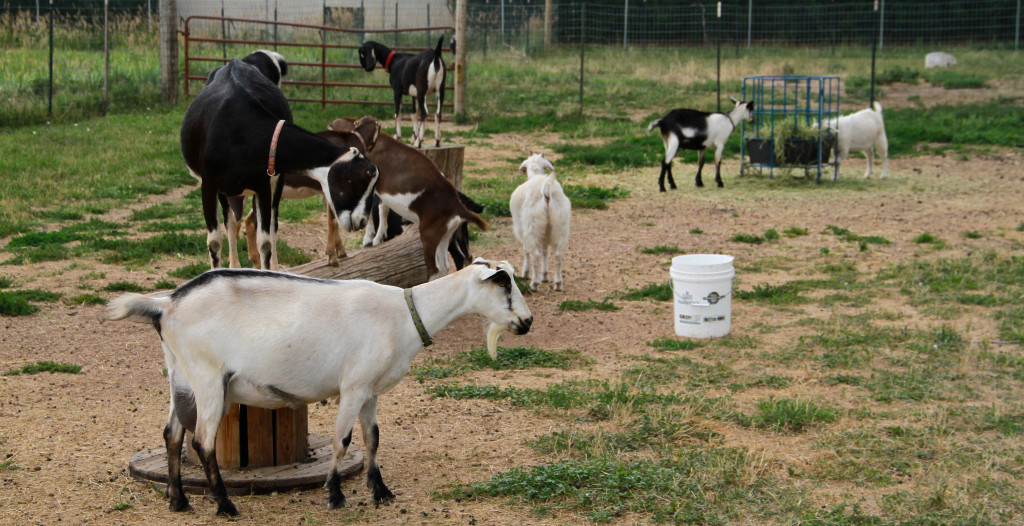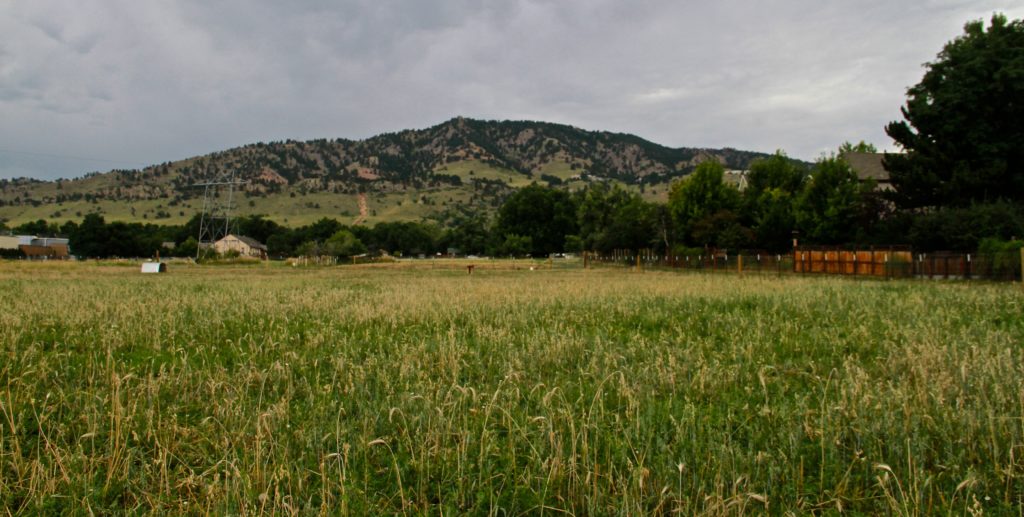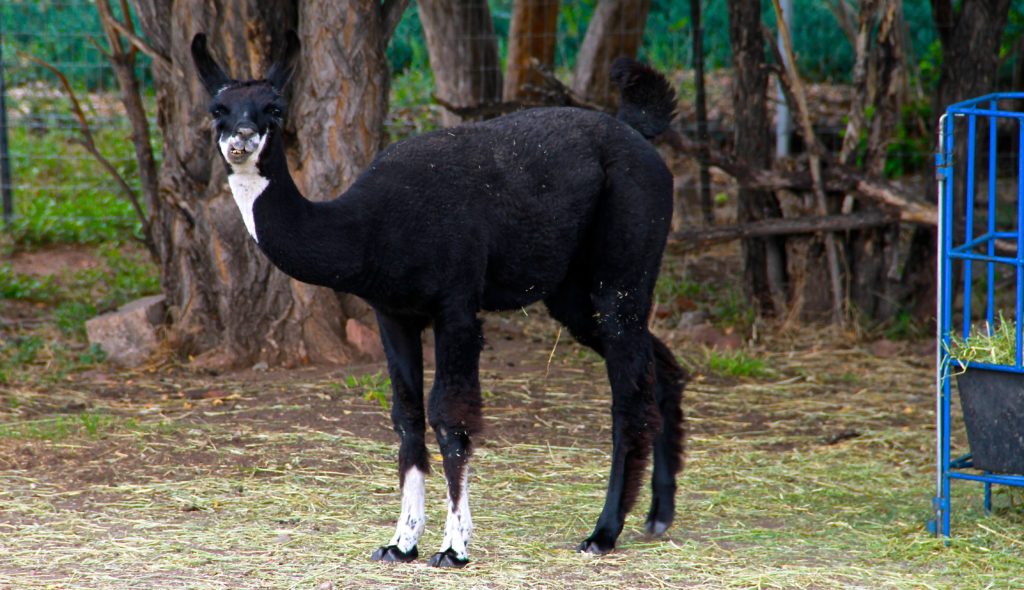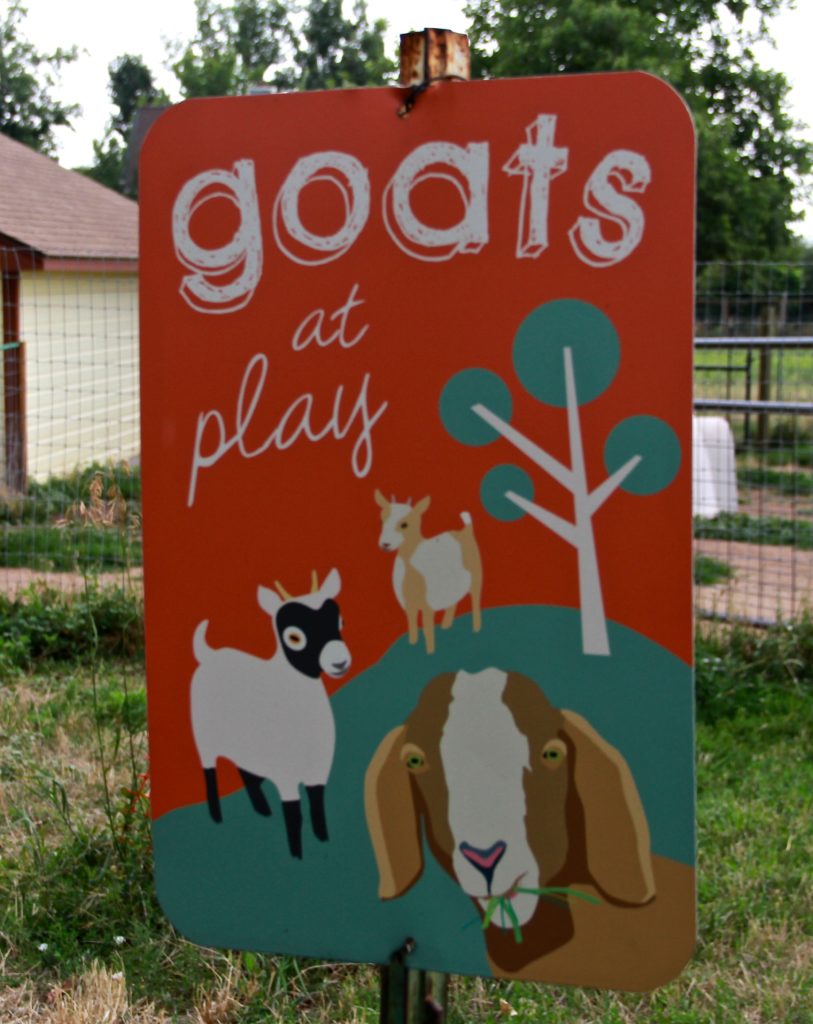By: Helena Stallings, Culinary Arts Student
With the birth of processed foods came the birth of our food allergy epidemic. Wheat has been so genetically modified that it is destroying the digestive systems of thousands of people, the human body can not process it anymore. There is an enzyme in milk that is processed out during the pasteurization process and without that enzyme people with lactose intolerance can’t process dairy. So many of our food allergies can be traced back to when we started tampering with our food and luckily it is reversible. As someone who is lactose intolerant, I have absolutely no issue drinking raw milk, because that crucial enzyme is still present in the milk. I have also found that non-cow’s milk, i.e goat and sheep’s milk is much easier on the stomach than traditional cow’s milk. Unfortunately the sale of raw milk is prohibited in the state of Colorado, but with the CSA loophole, you can buy shares of a goat or cow and procure their milk. The reason we have to pasteurize our milk is because we ship it long distances and need to ensure that it remains consumable. However if we purchase locally sourced milk through the CSA loophole, then we no longer have to pasteurize the milk and are able to keep all of it vitamins and enzymes intact.
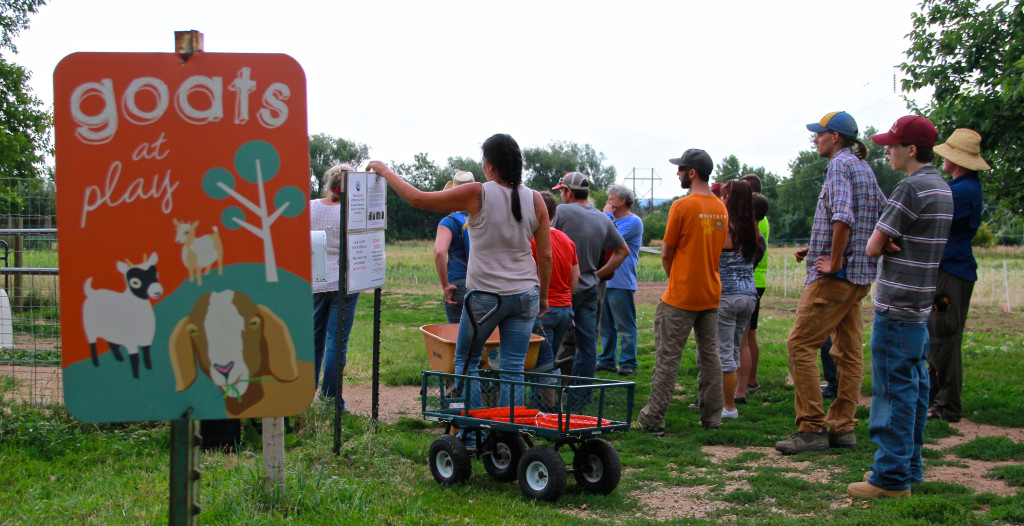
There are several dairies spread out around the state of Colorado, but in the Boulder/Denver area Mountain Flower Goat Dairy is the best. The small goat dairy is located in North Boulder, right off of Broadway, and is tucked away against a neighborhood, proving that you that don’t need a large piece of land to produce dairy. They hold workshops and tours, and even have a series of raw cheese making classes. Anyone can come out to see the goats being milked or stop into their store to purchase various cheeses. When driving by the average driver wouldn’t recognize this piece of land as a dairy farm, since it is sandwiched in between a neighborhood and the Boulder YMCA, but this farm is providing Boulder a great service. We are so lucky to be able to drive to a small farm like this and buy quality foods. As someone who struggles with pasteurized milks, the cheeses from Mountain Flower have given me no issue and from the culinary arts perspective, I can still provide a wonderful meal with cheese to someone who otherwise would have missed out.
